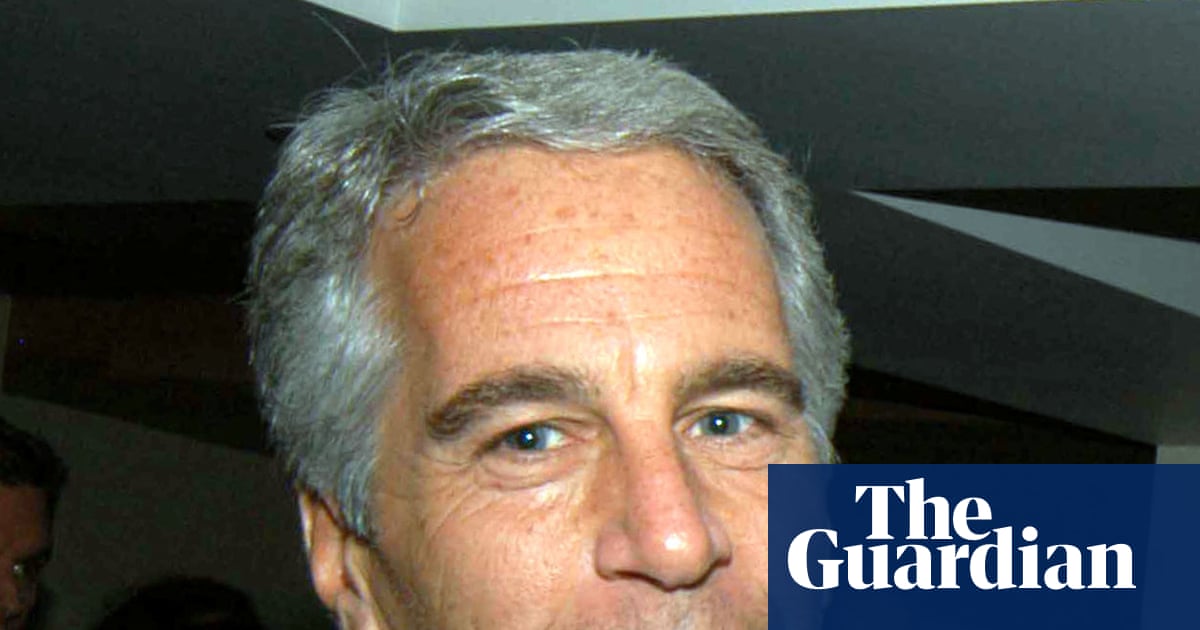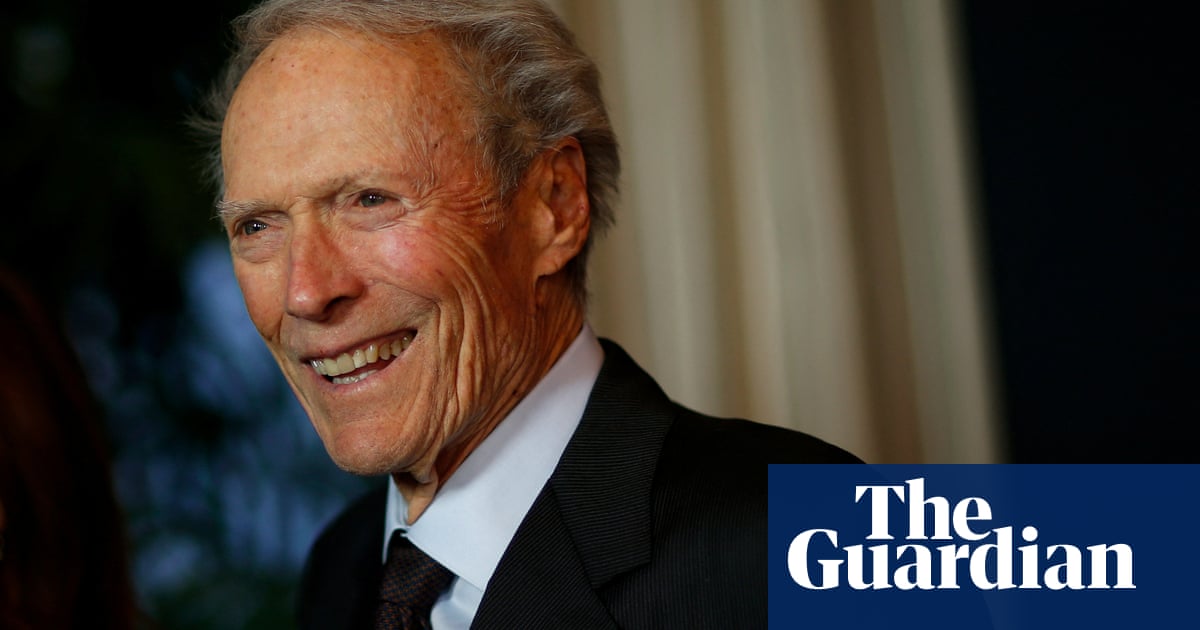If the word “revolution” implies, etymologically, a world turned around, then what unfolded in Russia in 1917 was just that. Everything changed. Old-school deference was dead; the proletariat was in power.
The communist American journalist John Reed witnessed a contretemps that captured the suddenness of the change. In simpler times, sailors would have yielded to senior ministers, but on the day of the storming of the Winter Palace in St Petersburg, they weren’t having it. When, in a last-ditch effort to save the Provisional Government, two liberal grandees demanded that they be let in, one of the sailors replied, “We will spank you! And if necessary we will shoot you too. Go home now, and leave us in peace!”
Here was an anecdote confirming Trotsky’s lofty pronouncement that the revolution marked the “forcible entrance of the masses into the realm of rulership”. Where Trotsky was coolly detached in his bird’s-eye The History of the Russian Revolution, Reed was breathless in his wide-eyed, worm’s-eye memoir, Ten Days that Shook the World.
Reed had the zeal of the convert. Born into a pig-iron fortune in Oregon, he rebelled against his preppy upbringing by embracing the bohemia of Greenwich Village: “delicatessens, bookshops, art studios and saloons, its long-haired men and short-haired women.” Thereafter, he was fired up by the silk weavers’ strike in New Jersey in 1913. Four years later, a sense of adventure and a folie à deux with his socialist wife Louise Bryant took them to Saint Petersburg (then Petrograd), where they witnessed the revolution’s great set pieces first-hand.
Warren Beatty’s portrayal of him as a true believer in the biopic Reds, leafleting and dodging bullets, got him down to a tee. So it was hardly surprising that he was faced with sedition charges on his return. He was indicted for violating the Espionage Act for inveighing against American entry into the First World War. Hounded out of his homeland, he fled to Russia and died of typhus, aged 32; no medicines were available on account of the Western blockade of the Russian Civil War.
Reed’s is one of six lives served up by historian Simon Hall in his new book. Three of them are revolutionaries – Vladimir Lenin, Mao Zedong and Fidel Castro – and three are American journalists who filed stories from the frontlines of the Russian, Chinese, and Cuban revolutions, respectively: Reed, Edgar Snow and Herbert Matthews. These are unexpected pairings, chosen, one presumes, for their convenience in enabling Hall to reconstruct his three very foreign societies with the help of a largely monoglot bibliography.
The conceit is to chronicle the journeys that represented turning points in 20th-century history. In Lenin’s case, it was his return to Russia from Swiss exile in April 1917. Something of a party pooper, he maintained that the February Revolution that overthrew the tsar wasn’t the real deal. In good time, his comrades came around, and that’s how we got the Russian Revolution.
In China, meanwhile, the Long March of 1934-5 was a desperate retreat. It was also a lesson in geography and endurance. On the run from the nationalist Kuomintang party’s Chiang Kai-shek, who was working with Hitler’s general Hans von Seeckt, some 90,000 troops and persecuted communists made the 9,000km trek from the Jiangxi Soviet in the south to Yan’an in the north. Only about 6,000 survived, and Mao emerged as their leader.
For his part, Castro returned to Cuba from Mexico in 1956 aboard the Granma, “a creaking, leaking leisure yacht”. As one compañero put it, it was not so much a landing as a shipwreck. Not all of them managed to negotiate the mangrove thickets of Playa Las Coloradas and Fulgencio Batista’s strafing planes, but Castro did. Three years later, he toppled the dictator.
Hall’s tired trot through the three coups is less interesting than the three scoops he describes. Besides Reed’s, we have the midwestern ad man turned journalist Edgar Snow’s. He spent four months swimming and playing tennis with Mao’s guerrillas in Bao’an, writing up the experience gushingly in Red Star Over China. Zhou Enlai, wrote Snow, was “every inch an intellectual”, Mao a “gaunt, rather Lincolnesque figure”, and the comrades “the freest and happiest Chinese I had known”. Hall says that Red Star Over China was “no crass work of propaganda”. But it was. Snow would have known about Mao’s purges in the Jiangxi Soviet from 1931-36, in which, it was later revealed, 700,000 people perished.
after newsletter promotion
Herbert Matthews of the New York Times was equally starstruck by his subject. Here he is on Castro, whom he met in the Sierra Maestra mountains in 1957: “This was quite a man – a powerful six-footer, olive-skinned, full-faced with a straggly beard.” What’s more, Castro was “not only not Communist but decidedly anti-Communist”. Matthews’s dispatches went a long way in swaying American opinion against Batista’s dictatorship, but needless to say, some of the more confident pronouncements about Castro’s politics aged badly.
Hall’s potted narratives trundle along, absorbing rich period and cultural details. His strengths lie in storytelling, not history-writing, which is to say he is more at home with description than analysis. But there lies the rub. Unlike Reed, Snow, and Matthews, he is writing at one remove. This necessitates extensive quotation and, worse, lengthy paraphrases that are inevitably weaker than the lapidary originals.

 2 months ago
71
2 months ago
71

















































